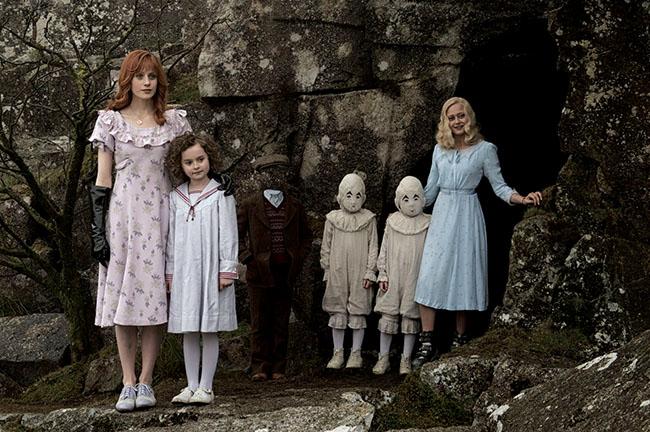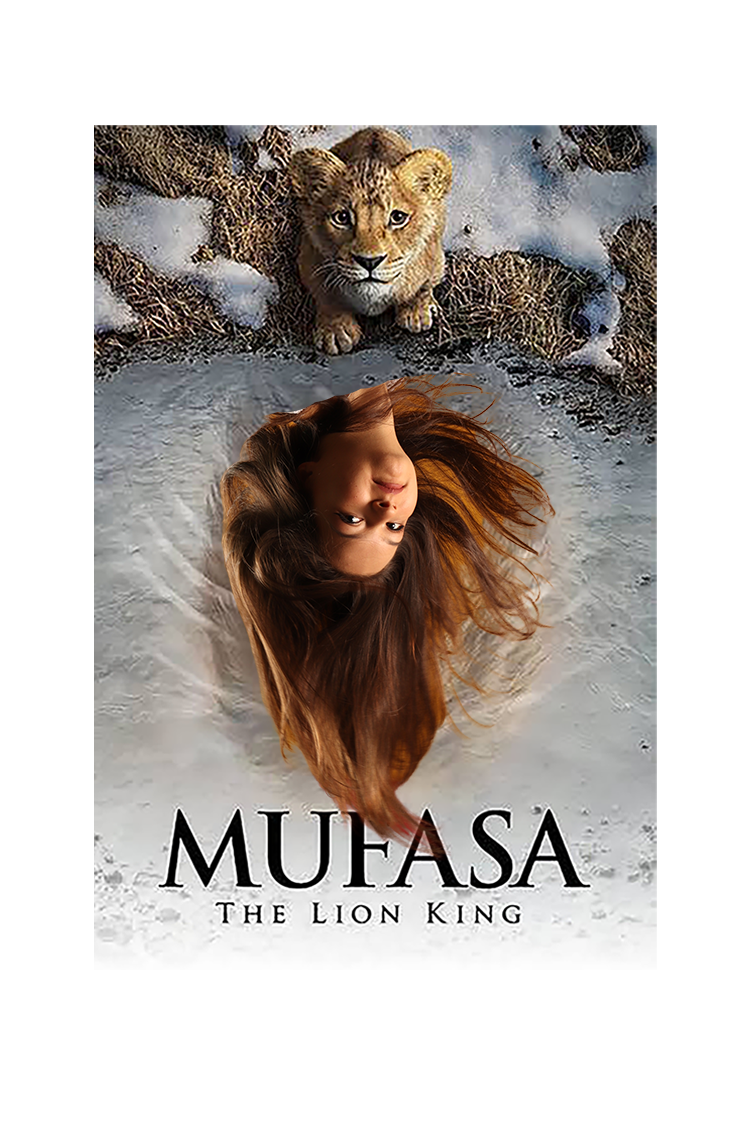Tim Burton returns to the silver screen with an eccentric adaptation of Ransom Riggs’ young-adult novel
Tim Burton is the “king of oddities and peculiarities”. Naturally, it would make sense for him to direct Miss Peregrine’s Home For Peculiar Children, a film adapted from Ransom Riggs’ 2011 novel. Burton’s brand appeals to millions worldwide, young and old. He often focuses his stories on oddballs and freaks that, theoretically, should make producers and screenplay writers run for the hills, such as sharp-fingered Edward Scissorhands and button-eyed Coraline. But the universal appeal of Burton’s films comes from the quirkiness of the characters and the personal connection people can make to their stories.
Burton stuffed the two hour and seven minute film full of so much excitement and incident that at times,
I believed it be inevitable he lose the plot line. Astoundingly, but still flawed, Burton meshed creepy with bona fide, wholehearted human emotion and kept the story together pretty solidly. Until about… halfway through the film.
The quirky and beloved main character, Jake, played by Asa Butterfield, guides us into the stories of the “peculiar children” – kids with talents like controlling fire at their will, manipulating air, exhaling bees and giving animation, or “life,” to inanimate things. Gathering clues from his dead grandfather, played by Terence Stamp, Jake winds up on a tiny island off the coast of Wales.
After searching the island for the orphanage, he meets Miss Peregrine, played by Eva Green, sporting both the gothic and alluring look as she does so well, who is the defender and headmistress of an orphanage settled permanently and precariously in the past.
Miss Peregrine’s is, at best, an admissible picture with spurts of excitement and sentiment. It’s perfect for those satisfied with being directed through a charming, eerie maze that does not really make sense.
Despite the mediocrity of Burton’s storytelling, the film’s aesthetic pleasure is indisputable; Burton does not sleep on capturing the Welsh terrain, indistinguishable houses in residential Florida, and vintage appeal of the orphanage. But this beauty only goes about as deep as the character development in the story.
The young peculiars—Emma, Victor, Bronwyn, Enoch, Millard, Olive and Claire—do not get much personality or backstory. Although the story repeatedly insists their worth, Miss Peregrine fails at making them any more than their peculiarities, which are the very things society rejected them for.
[shareprints gallery_id=”17881″ gallery_type=”slider” gallery_position=”pos_left” gallery_width=”width_40″ image_size=”large” image_padding=”0″ theme=”light” image_hover=”popout” lightbox_type=”slide” titles=”true” captions=”true” descriptions=”true” comments=”true” sharing=”true”]
Despite the lack of character development, the actors were not a detriment to the movie. They were casted well enough to fit the part, even if the part was not so good in itself. Butterfield played a relatable and uninspired Jake, alongside other actors who also held the difficult job of, well, milking it.
The cast played their roles to the best of their abilities, making badly written parts have a not-so-
soporific vibe. Even though there was an absence of substantial writing, character growth and literary merit, I applaud this movie for being interesting in the sense that the action and mystery were captivating.
A snow covered carnival proposed a perfect place for a fight scene, monsters with a sweet tooth for eyes who lurked in the shadows of invisibility, and the almost magical nostalgia of Grandpa’s Bedtime Stories rested in the positives parts of Miss Peregrine.
A perfectly average movie, perfect for the average movie-goer seeking a couple hours of entertainment.






